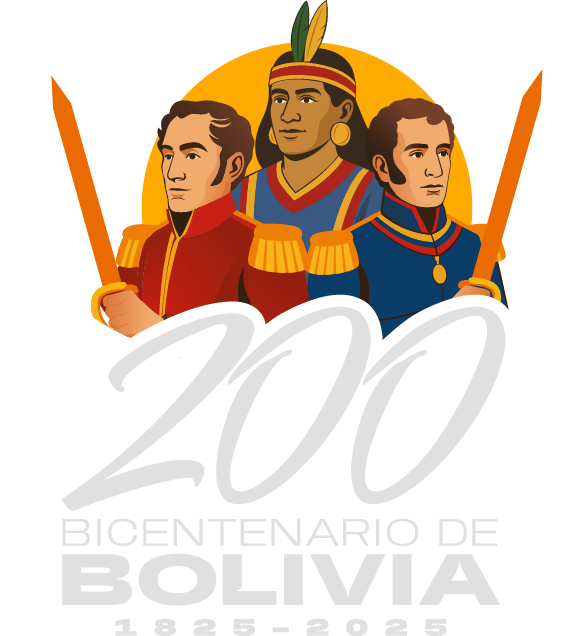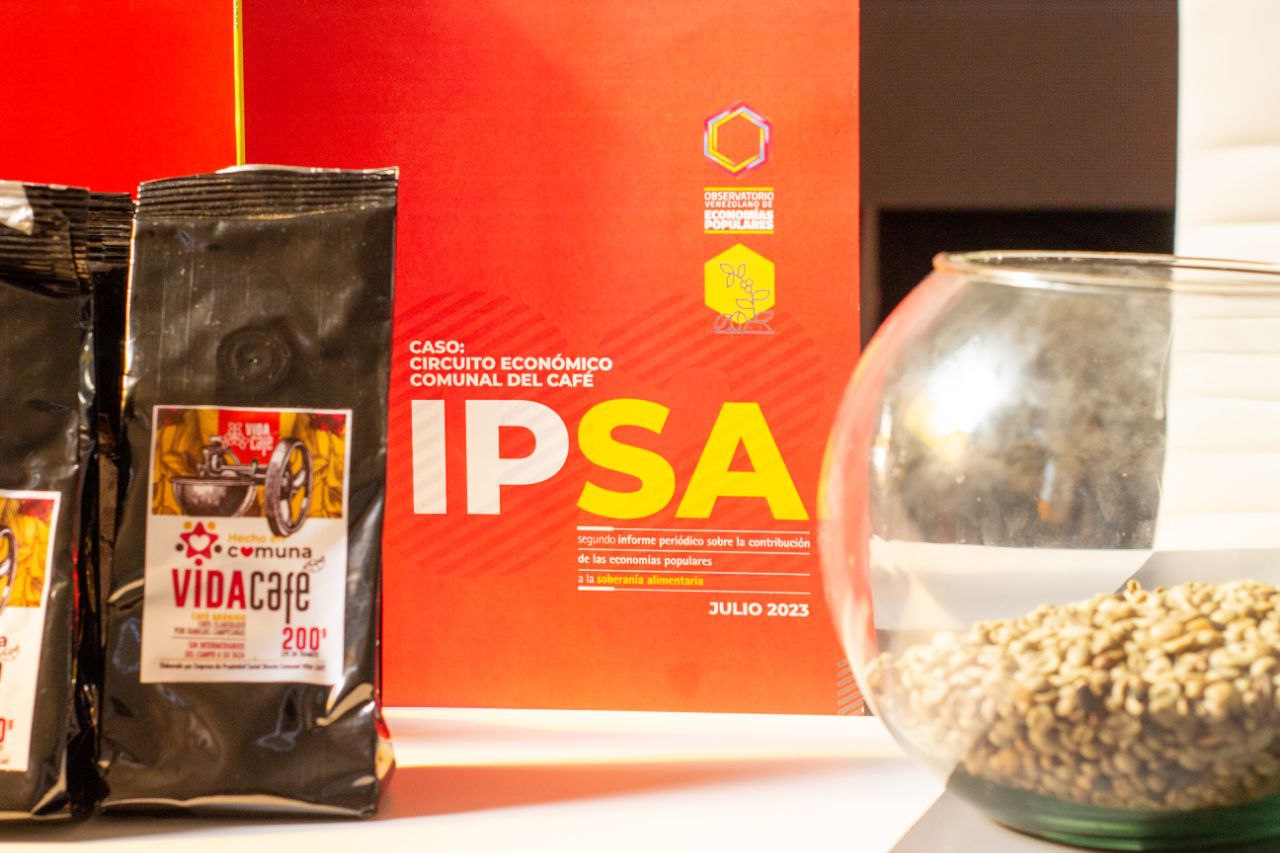Caracas, September 15, 2023 (Mincomunas Press) – The Caracas Book Fair 2023 presented a periodic report highlighting the valuable contribution of popular economies to food sovereignty in Venezuela.
The primary focus of this report was the Communal Economic Coffee Circuit, an experience that has been developing for a decade in the country.
Led by the Estrella del Futuro Commune in Lara state, this circuit is a clear example of how local communities can play a primary role in building a more sustainable and just food system.
Mairelis Escalona, a leading spokesperson for the Estrella del Futuro Commune, opened the presentation. She detailed how the Communal Economic Institute of Coffee has eight Communes representing 127 Communal Councils and 200 families directly linked to it.
One of the essential points that Escalona highlighted was the importance of inputs and raw materials in the production chain. He explained how, for the most part, small producers depend on these inputs to obtain their crops.
“The Institute began its journey with financing from Banco Bicentenario, a crucial step that allowed the collective purchase of fertilizers for 145 initial producers. They used these fertilizers following a specific formula necessary to obtain good coffee production”, he detailed.
Escalona also highlighted that many local producers source their raw materials, like seeds, to ensure the continuity of their crops.
He also mentioned the agro-benefit process, in which farmers process their harvests from green coffee to obtain a final product ready for the market.
Economy for Life
Edith Pinedo, advisor to the Vice-Ministry of Communal Economy, joined the presentation to provide a broader context. She spoke about the economy-for-life policy promoted by the People’s Power Ministry for Communes and Social Movements. It focuses on three key objectives: strengthening communal aggregation, building alternative productive value chains, and establishing a new redistribution model.
Pineda explained that this report is part of a broader effort to systematize experiences within the communal economy. He announced an analytical report on the challenges faced by this initiative, and another that will systematize previous organization experiences in coffee production in rural Venezuela is also underway.
Norkis Ramos, spokesperson of the Sectores Unidos Commune in Lara State, shared her personal experience within the Vida Cafe Communal Economic Circuit. She highlighted the birth and operation of the Vida Cafe Social Property Company (EPS), which has become an essential actor in the production chain.
Ramos described how the circuit has promoted the planning, evaluation, and systematization of practices that previously went unnoticed. He also highlighted the importance of sharing this experience through publications such as the “ABC of the communal economic circuit.”
For his part, the Vice Minister of Communal Economy, Hernan Vargas, closed the presentation with an emotional speech. He reiterated that this report is a testimony of the continuous effort of popular communities in Venezuela to strengthen their food sovereignty and build a more sustainable and inclusive future.
He emphasized how this experience has managed to clear a false dilemma of the left and offers a unique way to build socialism from the local and communal in a context of resistance and blockade.



